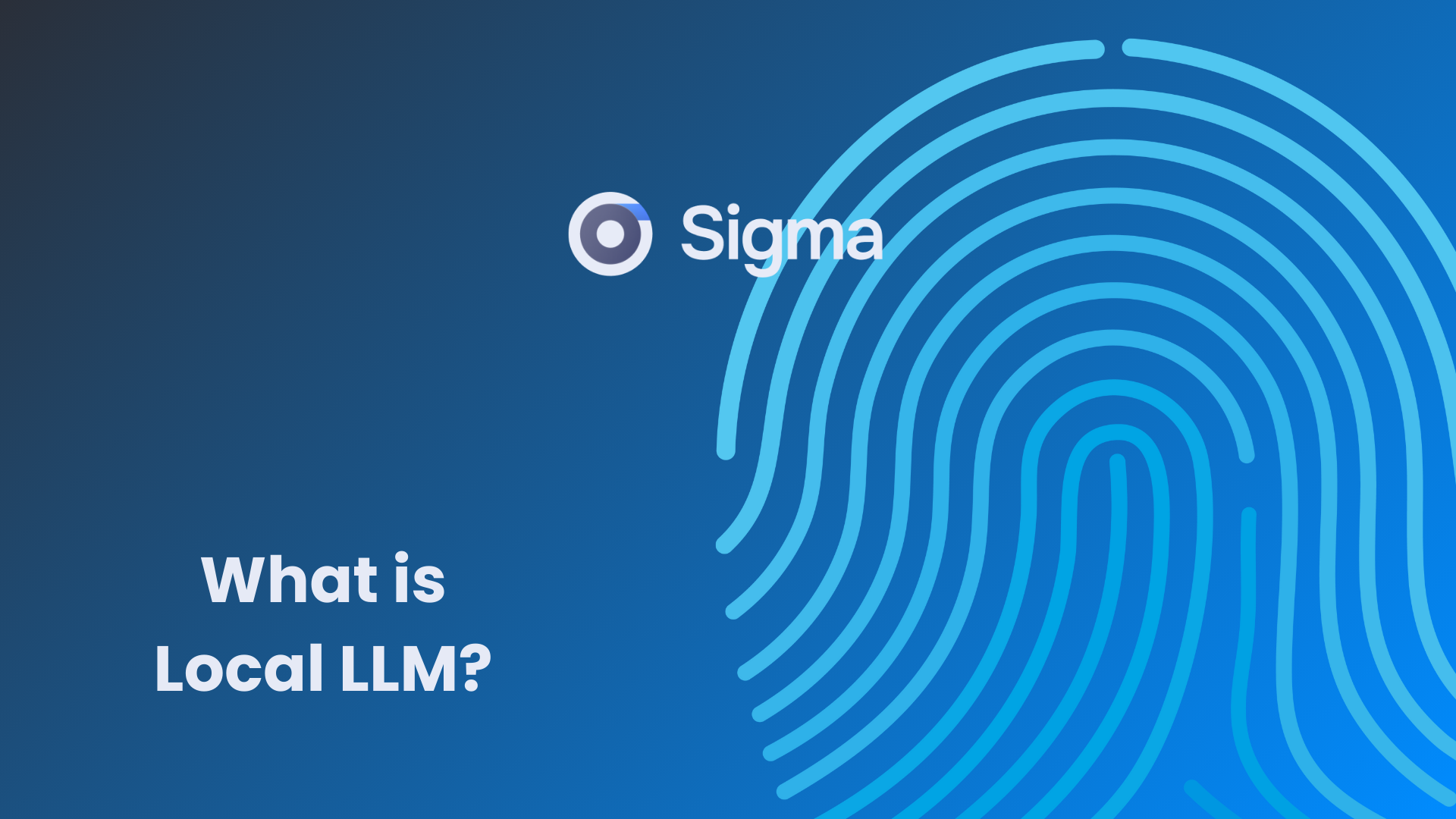How AI Bookmark Managers Turn Your Browser Into a Personal Knowledge Hub
There’s a quiet revolution happening right under your nose — in your browser tabs.
No, not another Chrome update or yet another plugin promising to “streamline your workflow.” I’m talking about something weirder, smarter, and, frankly, overdue: the evolution of bookmarks into intelligent knowledge hubs powered by AI.
Because, let’s face it — bookmarks are broken.
You save stuff you swear you’ll come back to. You make folders (then folders inside folders). And eventually, you give up. The links pile up, collect digital dust, and one day, you realize you’ve got 1,000+ “saved for later” pages that you’ll never, ever read.
But what if — hear me out — your browser started thinking with you?
The Death (and Rebirth) of the Bookmark
Somewhere around 1998, bookmarks were genius. One click, and boom — you could return to your favorite webpage anytime. Simple. Elegant. Necessary.
Then the internet exploded.
Now, we juggle news feeds, research, shopping, PDFs, Twitter threads, YouTube essays, niche Reddit posts… and bookmarks just can’t keep up.
Here’s the thing: we don’t just want to save stuff anymore — we want to remember, connect, and use it later.
That’s where AI bookmark managers come in.
They’re not folders. They’re frameworks for thought.
Let me show you what’s shifting:
In short, AI bookmark managers are turning your chaotic browsing history into something closer to a personal research assistant — or, dare I say, a digital brain.
The Rise of Context-Aware Browsing
Imagine saving an article on “remote team productivity.”
Two weeks later, you’re writing a proposal on hybrid work models. Out of nowhere, your browser — yes, your browser — surfaces that same article, along with three others you forgot you saved.
It’s not magic. It’s contextual AI.
Modern browsers, especially ones integrating AI agents like those inside the Sigma AI Browser, are starting to understand the content you interact with. They don’t just index pages; they analyze them.
They read headlines, extract key ideas, notice your recurring interests (say, “neuroscience,” “data visualization,” or “overpriced coffee equipment”), and start connecting the dots.
So instead of looking for your bookmarks — your bookmarks start finding you.
How AI Bookmarking Actually Works (Simplified but Real)
At the core of this shift are three key technologies — machine learning, semantic search, and behavior mapping.
Here’s a quick breakdown of what’s going on behind the scenes:
All this turns your browser from a passive tool into an active collaborator — something that learns, anticipates, and (let’s be honest) occasionally shows off.
From Chaos to Knowledge Hub
We’re used to thinking of “knowledge hubs” as Notion pages, knowledge bases, or fancy AI dashboards. But your browser — the place where 90% of your learning happens — is where that hub truly belongs.
That’s the idea behind tools like Sigma AI Browser, which blends traditional browsing with AI-driven memory and understanding. Instead of tabs and folders, it gives you an intelligent web of ideas that grows as you browse.
It’s not about collecting more information — it’s about connecting it.
And once that connection starts to form, your browser stops being a gateway to the web… and becomes a mirror of your mind.
The Future Is Memory-Aware Browsing
There’s something poetic about it — your browser, once just a window to the web, now quietly becoming your second brain.
AI bookmark managers are the first real step toward that future. They make the web feel less infinite and more… yours.
Because maybe browsing shouldn’t just be about exploring.
Maybe it’s about remembering what matters — and why.
FAQ
1: Is AI bookmark management really that different from tagging and search?
A: Oh, completely. Tagging is manual. AI learns context automatically and builds relationships between ideas that you wouldn’t think to tag.
2: Won’t it feel invasive if my browser “learns” my habits?
A: Depends on implementation. Ethical AI browsers like Sigma keep your data local or encrypted, so it’s your assistant — not your stalker.
3: Can it work for research-heavy users?
A: That’s where it shines. Writers, analysts, academics — anyone drowning in tabs will see the biggest gains.






.png)

.avif)



